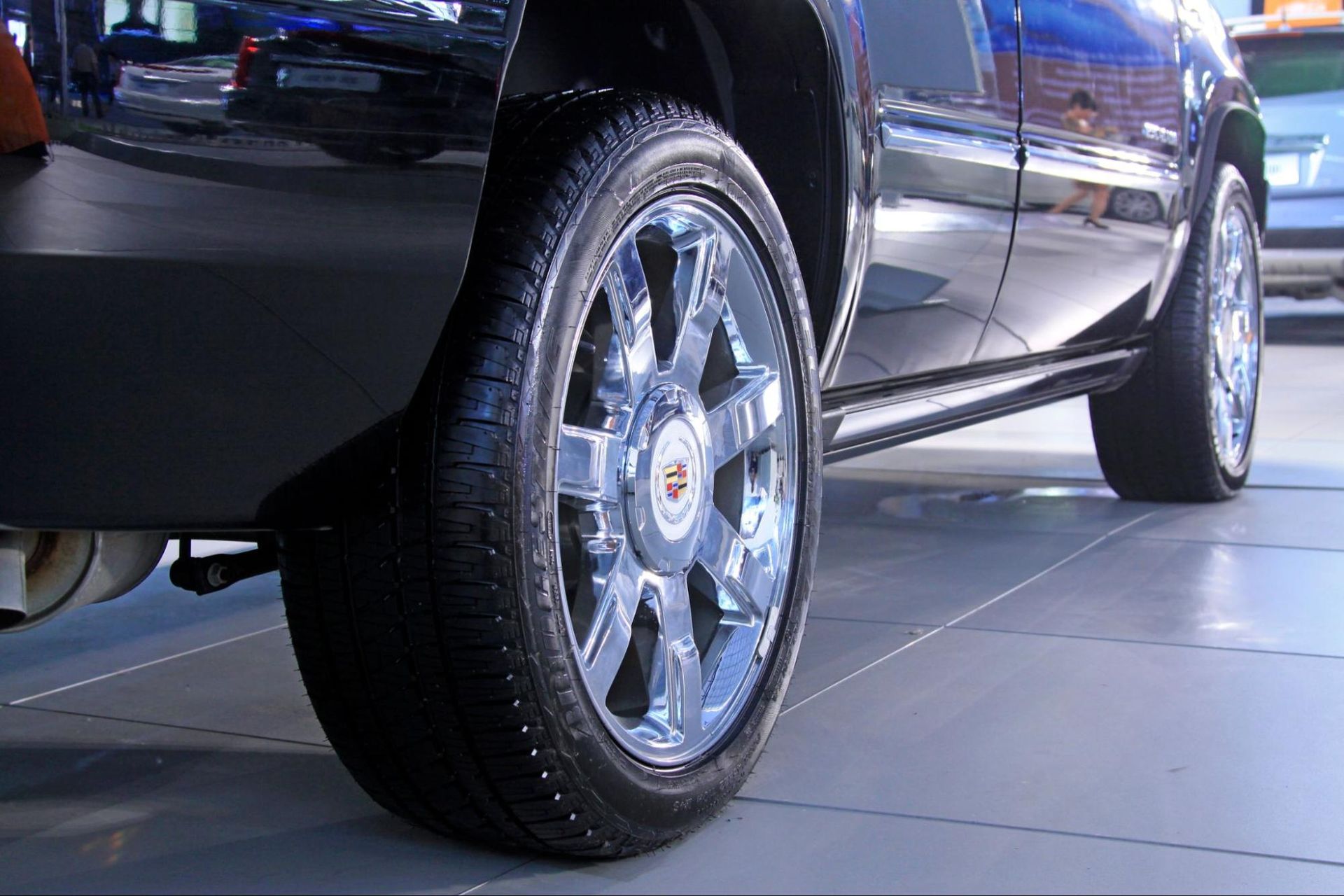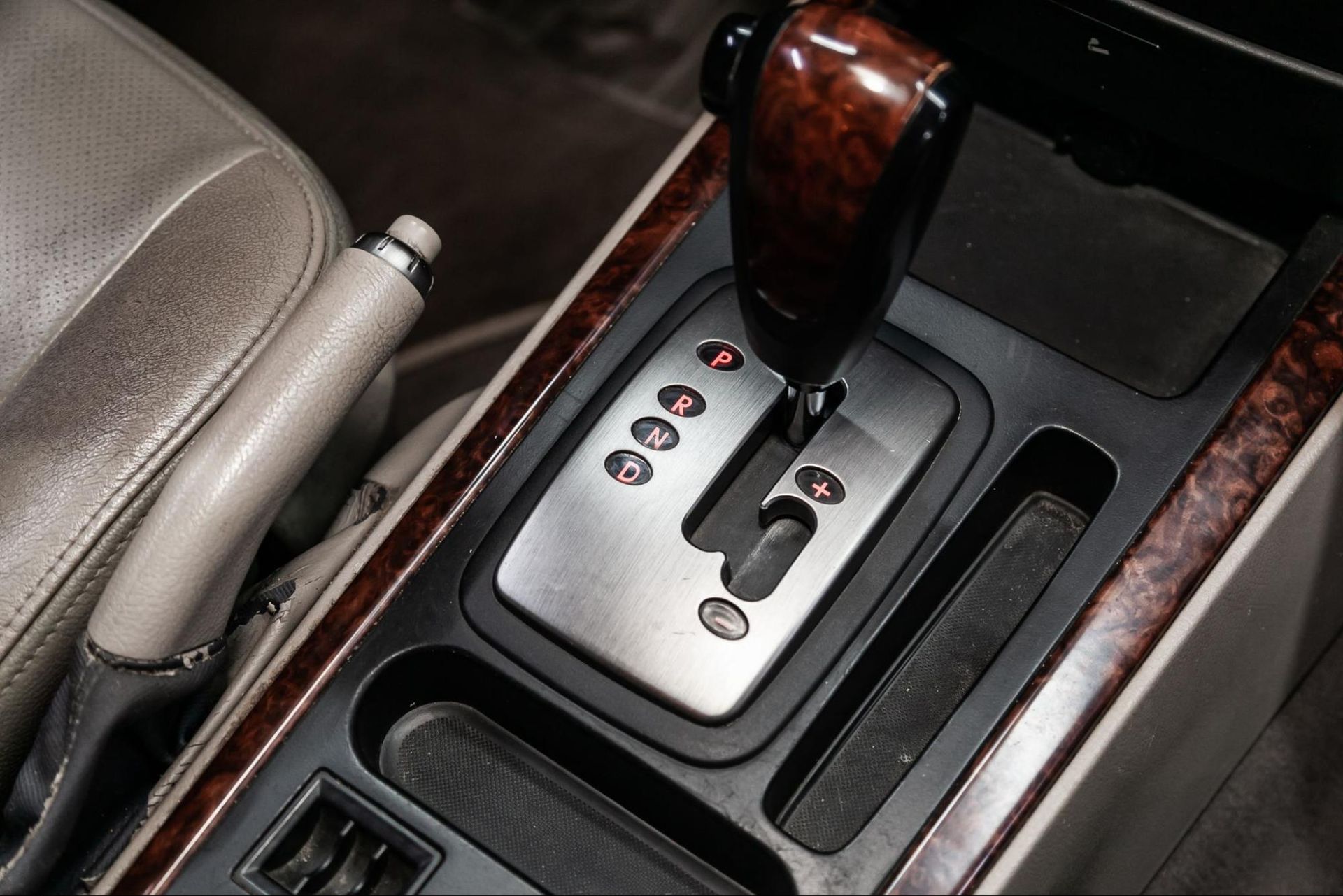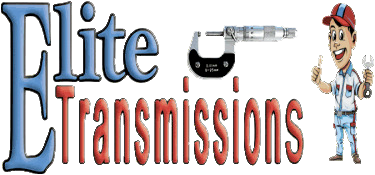Elite Transmissions Blog

Your vehicle’s transmission is responsible for shifting gears and ensuring smooth power delivery from the engine to the wheels. If it fails, repairs can be extremely expensive and time-consuming. Fortunately, with proper care and maintenance, you can help prevent major transmission problems. Here are five tips to help you avoid costly transmission issues. Keep Your Transmission Fluid in Good Condition Transmission fluid is crucial for lubricating moving parts, cooling the system, and ensuring smooth gear shifts. Over time, the fluid can break down or become contaminated, leading to increased friction and wear. Checking your transmission fluid regularly and replacing it according to your vehicle manufacturer’s recommendations will help prevent overheating and internal damage. Avoid Excessive Towing and Overloading Carrying heavy loads or towing beyond your vehicle’s capacity can put excessive strain on the transmission. Overloading forces the system to work harder, generating excess heat that can lead to fluid breakdown and component failure. If towing is necessary, make sure your vehicle is rated for the weight. Giving your transmission a break when hauling heavy loads can reduce the risk of major damage. Use Proper Driving Techniques Aggressive driving habits can significantly shorten the life of your transmission. Sudden acceleration, abrupt stops, and shifting into drive or reverse while the vehicle is still moving can all cause unnecessary stress on internal components. Letting your car come to a full stop before shifting gears and accelerating smoothly will help reduce wear and tear. If you drive a manual transmission, proper clutch usage is also key to preventing unnecessary strain. Address Small Issues Before They Become Big Problems Transmission problems often start with noticeable warning signs, such as slipping gears, delayed shifting, or unusual noises. Ignoring these warning signals can lead to more severe damage. If you notice any irregularities, having your vehicle inspected by the mechanic as soon as possible can help prevent a small issue from turning into a costly repair. Follow the Manufacturer’s Maintenance Schedule Every vehicle has a recommended maintenance schedule designed to keep all components in optimal condition. Following the manufacturer’s guidelines for transmission servicing, including fluid changes and inspections, is one of the best ways to prevent major issues. Skipping maintenance intervals or using the wrong type of fluid can lead to overheating, excessive friction, and eventual breakdowns. Staying on top of routine maintenance will help your transmission last longer. Transmission Service in Arlington, TX When you need transmission service in Arlington, TX and the surrounding area, contact Elite Transmissions at 817-861-6797 . At our nearby transmission shop, we can flawlessly address your transmission repair or maintenance needs. Feel free to give us a call to make an appointment!

Healthy shocks are essential for maintaining a smooth ride and enabling proper handling and braking performance. But as they age, shocks can wear out and lose their effectiveness, which can compromise your vehicle's safety and comfort. Recognizing the signs of failing shocks can help you address the issue before it leads to more significant problems. At Elite Transmissions, we provide expert suspension repair in the greater Arlington, TX area. Here’s a look at five warning signs that it’s time to replace your vehicle’s shocks. Excessive Bouncing If your car bounces excessively after hitting a bump or pothole, it's an indication that your shocks may be worn out. Healthy shocks absorb the impact from uneven surfaces, keeping your ride smooth and controlled. When they fail, the suspension struggles to stabilize the vehicle, leading to prolonged bouncing. Uneven Tire Wear Worn shocks can cause your tires to lose consistent contact with the road surface. This often results in uneven tire wear. This can reduce your tires’ lifespan while also negatively impacting your vehicle's handling and stability. Poor Handling and Steering Response When shocks are no longer functioning properly, you'll notice reduced control and handling, especially when cornering or making sudden maneuvers. The car might sway excessively during turns or feel unstable on rough terrain. These handling issues can make driving more challenging and unsafe. Nose-Diving When Braking If your vehicle lurches forward or nose-dives when braking, there’s a good chance your shocks are worn out. Properly functioning shocks help maintain stability and prevent excessive weight transfer to the front of the vehicle during braking. Worn shocks can increase stopping distance, posing a safety risk. Leaking Fluid Shocks contain hydraulic fluid that helps them absorb impact. If you notice fluid leaking from your shocks, it’s a sign they are no longer sealing properly and are losing their ability to function effectively. Fluid leaks typically indicate that the shocks need to be replaced. Suspension Repair in Arlington, TX When you need auto repair in Arlington, TX and the surrounding area, contact Elite Transmissions at 817-861-6797 . Along with transmission work, our mechanics also provide expert bumper-to-bumper auto repair in Arlington, TX. Feel free to give us a call to make an appointment for car care in greater Arlington!

Your vehicle’s automatic transmission plays a crucial role in ensuring smooth and efficient operation. When it begins to malfunction, it’s important to alert the mechanic ASAP. Catching transmission problems early can often save you from much more expensive repairs. At Elite Transmissions, we provide expert automatic transmission repair in the greater Arlington, TX area. Here are four warning signs of an automatic transmission problem. Rough/Delayed Shifting A properly functioning automatic transmission shifts seamlessly between gears. If you experience delays when shifting from park to drive or feel jerking and clunking during gear changes, it’s a clear sign that something is wrong. Rough or delayed shifting can result from a variety of issues, including malfunctioning solenoids or insufficient transmission fluid. Addressing this problem early can help prevent excessive wear on internal components. Gear Slippage One of the most common signs of transmission trouble is gear slippage. You may notice that your vehicle unexpectedly shifts between gears or that the engine revs without a corresponding increase in speed. This can make it difficult to maintain control of the vehicle, especially when accelerating. Gear slipping is often caused by low transmission fluid or internal damage within the transmission system. Ignoring this issue can compromise your safety on the road. Burning Smell A burning odor coming from your vehicle is never a good sign, and it often points to overheated transmission fluid. When the transmission fluid is old, contaminated, or low, it loses its ability to properly cool the system, leading to overheating. This can cause serious damage to internal components if not addressed quickly. If you detect a burning smell, it’s crucial to address it ASAP. Transmission Fluid Leaks Transmission fluid is essential for cooling and lubricating the transmission. If you notice reddish fluid underneath your car, it’s a sign that the transmission may be leaking. Common leak points include the transmission pan and seals. A transmission fluid leak can lead to low fluid levels, which in turn can cause the transmission to overheat or fail entirely. If you spot a leak, it’s important to have it repaired promptly to avoid more extensive damage. Automatic Transmission Repair in Arlington, TX For transmission repair in Arlington, TX and the surrounding area, contact Elite Transmissions at 817-861-6797 . At our local transmission shop, we can expertly handle your transmission repair and maintenance needs. Feel free to give us a call to make an appointment!




